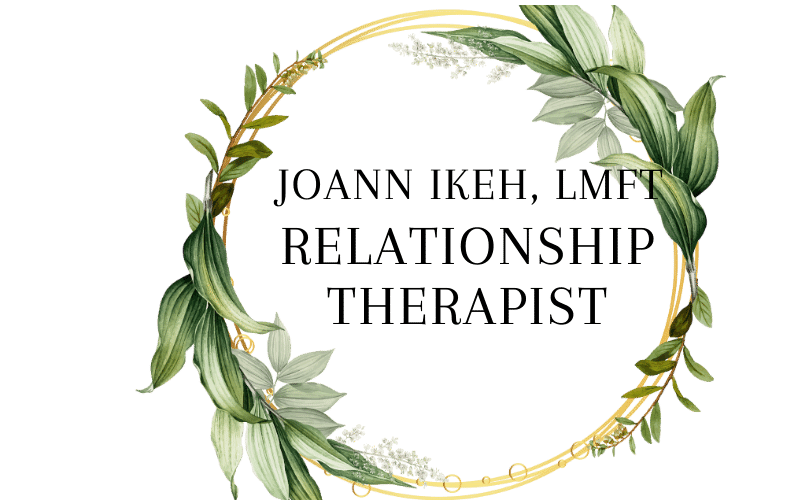How to Communicate Better with Your Partner: 7 Therapist-Approved Tips
Effective communication is the heartbeat of any healthy relationship. Whether you’re navigating everyday stress or deeper emotional needs, knowing how to communicate better with your partner can make or break your connection. The good news? Communication is a skill—one you can improve with practice, intention, and the right tools.
Below, we’ll explore seven powerful strategies to help you communicate more clearly, listen more deeply, and feel more connected in your relationship.
1. Start with Curiosity, Not Criticism
Instead of jumping to conclusions or leading with blame, try getting curious. When your partner says or does something that bothers you, ask questions like:
“Can you help me understand what you meant?”
“What was going on for you in that moment?”
Curiosity fosters safety. Criticism breeds defensiveness. Choose to explore rather than accuse.
2. Use “I” Statements Instead of “You” Accusations
One of the most effective communication tools in couples therapy is the “I statement.”
Instead of:
👉 “You never listen to me.”
Try:
👉 “I feel unheard when I’m sharing something important and don’t get a response.”
“I” statements reduce blame and focus on your feelings and needs, making it easier for your partner to hear you without getting defensive.
3. Practice Active Listening
Good communication isn't just about talking—it's about listening to understand, not just respond.
Put away distractions.
Make eye contact.
Repeat back what you hear: “So what I’m hearing you say is…”
Validate your partner’s feelings, even if you don’t agree.
Validation doesn’t mean you’re giving in. It means you’re showing empathy and respect.
4. Choose the Right Time to Talk
Timing matters. Trying to resolve conflict while one or both of you are tired, hungry, or emotionally charged can backfire.
If things are heated, say something like:
👉 “I want to talk about this, but I think we’ll have a better conversation if we take a break and come back to it.”
Setting aside intentional time for important conversations shows care and respect.
5. Understand Each Other’s Communication Styles
Some people are direct. Others are more emotionally expressive. Some need time to process before responding.
Learning your partner’s communication style—and your own—can prevent misunderstandings. Ask questions like:
“When you're upset, do you prefer space or comfort?”
“How do you like to receive feedback?”
The better you understand each other’s rhythms, the smoother your communication becomes.
6. Address Patterns, Not Just Problems
If the same argument keeps coming up, it’s probably not just about dishes or text messages—it’s a deeper pattern.
Couples therapy often helps partners identify underlying cycles (e.g., pursue-withdraw, blame-defend) and teaches how to break them.
Reflect on what might be underneath recurring fights:
Are you seeking reassurance?
Are you afraid of rejection?
Do you feel unimportant?
Naming the pattern gives you both a roadmap to change it.
7. Don’t Be Afraid to Ask for Help
If communication feels stuck or emotionally overwhelming, working with a couples therapist can offer a safe, structured way to build better habits. A trained therapist can help you:
Learn to express emotions without escalation
Navigate cultural or value differences
Break out of stuck communication patterns
Therapy isn’t a last resort—it’s a powerful investment in your relationship’s growth.
Final Thoughts
Knowing how to communicate better with your partner doesn’t require perfection. It requires presence, patience, and practice. Small shifts—like listening more openly, validating feelings, and choosing the right moment—can lead to big breakthroughs in connection.
Want help communicating more effectively with your partner?
I specialize in relationship counseling for couples navigating communication challenges, emotional disconnection, and life transitions. Whether you're dating, engaged, or married, therapy can help you reconnect and grow together.
👉 Schedule a free consultation or contact me at joannikeh@joannikeh.com.



